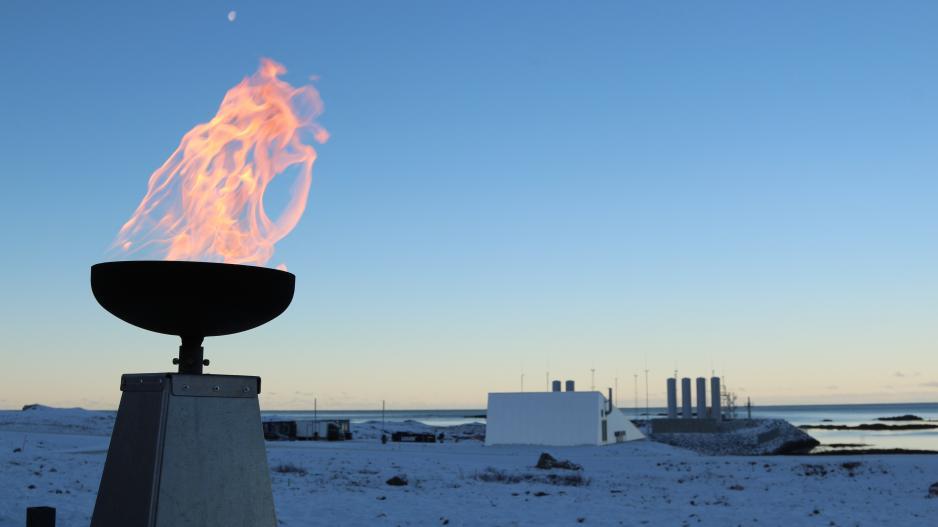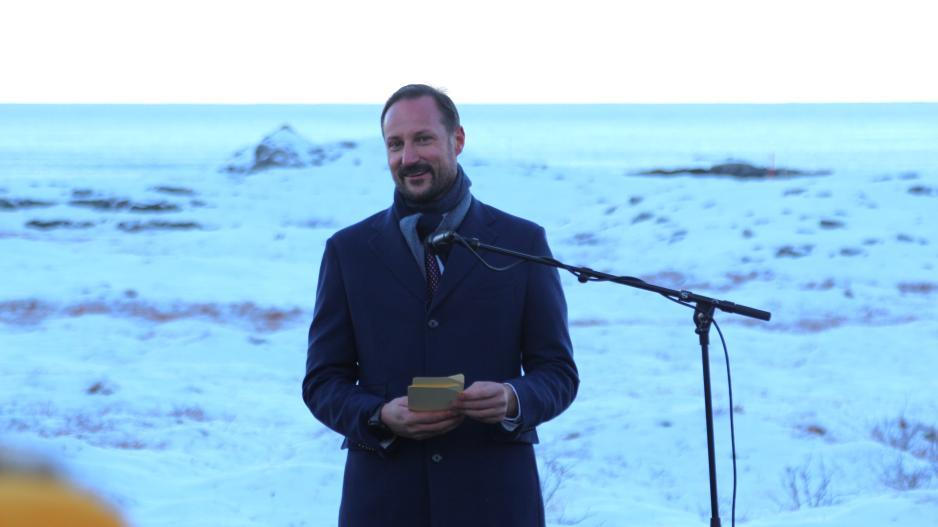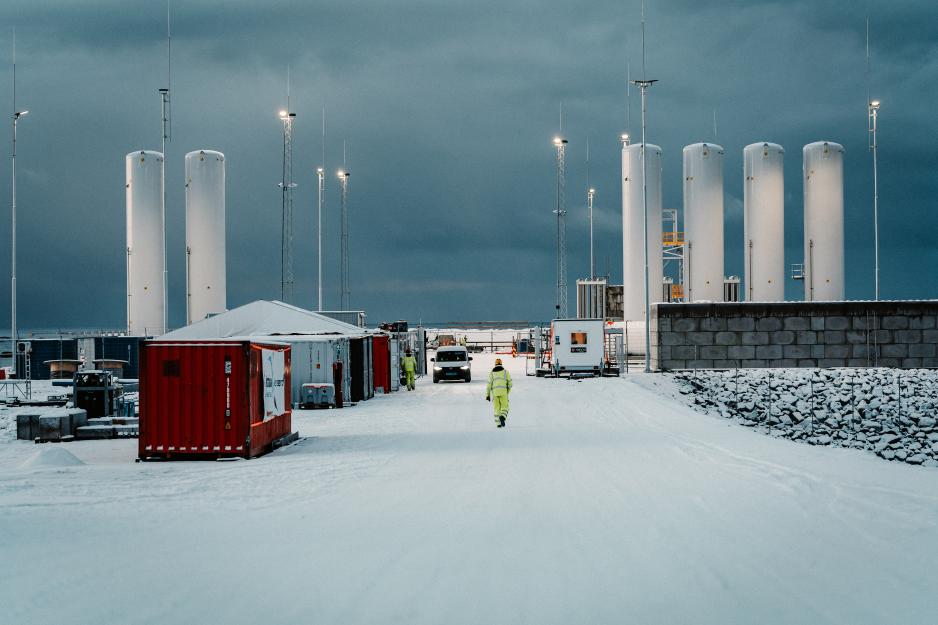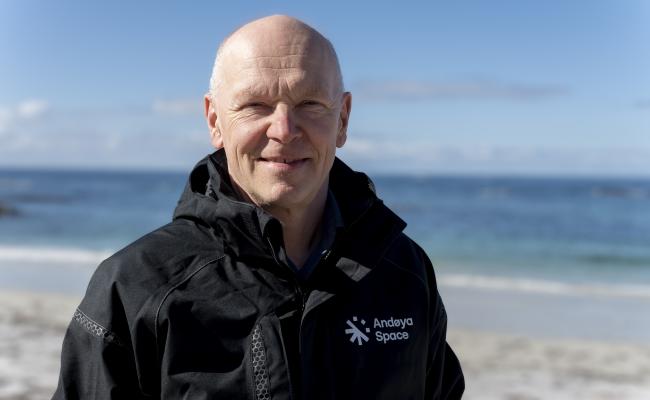
Illustrasjon av oppskyting av Spectrum bærerakett fra Andøya Spaceport / Illustration of the launch of the Spectrum launch vehicle from Andøya Spaceport. (©Isar Aerospace)

Ceremonious opening of Andøya Spaceport, November 2nd. (Photo Trine Jonassen)

The first test launch from Andøya Spaceport will be the launcher Spectrum from Isar Aerospace. The test launch is scheduled for the second half of 2023. The payload of small satellites that are being transported into polar and sun-syncronous orbits are from European institutions, including FramSat1, developed by students at the Norwegian University of Science and Technology. (Photo Trine Jonassen)

To infinity and beyond: The head of Andøya Space, Ketil Olsen, said that building a spaceport in times of war and crises has been challenging. (Photo: Isar Aerospace)

Mayor of Andøy municipality, Kjell-Are Johansen (Labor). (Photo: Isar Aerospace)

Anne Aanerud is the state secretary of the Norwegian Ministry of Defense and was present in Nordmela, Andøya, to speak on the opening day. (Photo: Trine Jonassen)

Andøya Spaceport has concluded the first construction phase. (Phto: Trine Jonassen)

Crown Prince Haakon of Norway opens Andøya Spaceport. "Norway became a space nation more than 60 years ago. Andøya has been a cornerstone in the development of this," said the Crown Prince in his speech. (Photo: Trine Jonassen)

Fordelen med plassering av romhavnen på Andøya er at satellittene kan skytes opp direkte i polarbane rundt jorden. / The advantage of placing the spaceport on Andøya is that the satellites can be launched directly into polar orbit around the Earth. (Ill: © Copyright Andøya Spaceport)

Bæreraketten monteres i integrasjonshallen. / The launcher is mounted in the integration hall. (Foto ©Isar Aerospace)
Nord-Norge i én ramme: Romfart, skipsfart og forsvar. Kystvaktskipet «Harstad» passer på utenfor Nordmæla, mens et tankskip glir forbi romhavnen på Andøya. / Northern Norway in one frame: Space travel, shipping and defence. The coast guard ship "Harstad" looks out outside Nordmæla, while a tanker glides past the space harbor on Andøya. (Foto: Trine Jonassen)







